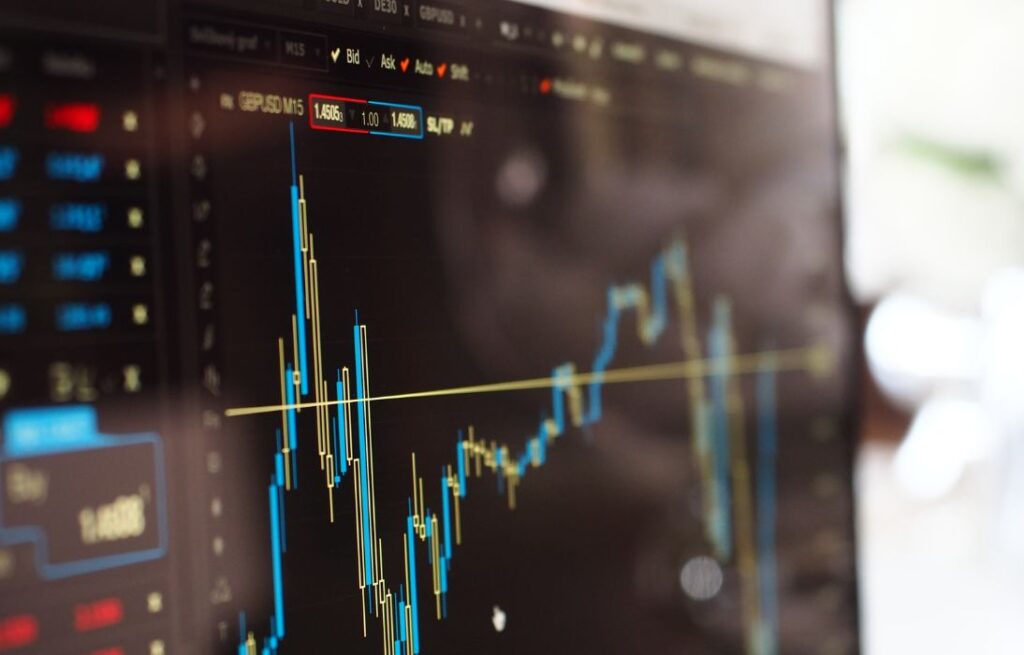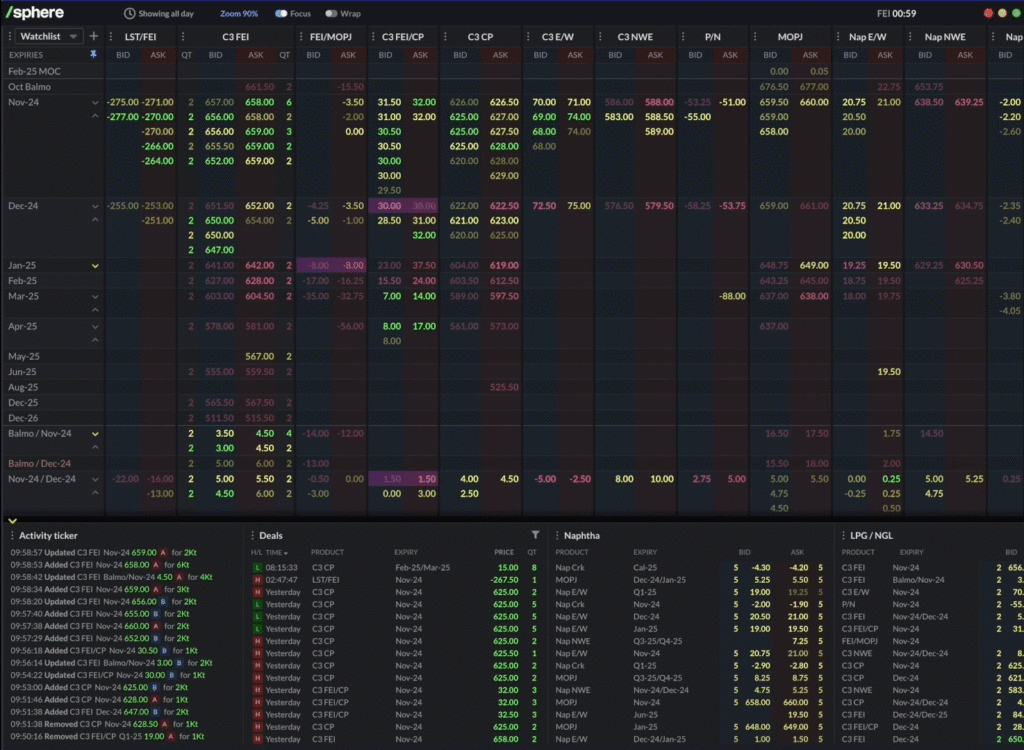London. Houston. Singapore. Dubai? There are established and growing commodities hubs across the world, but one region has an even deeper influence on global trade.
Switzerland 🇨🇭
We were honoured to partner with SUISSENÉGOCE to discuss why Switzerland is the place to be for businesses and talent in commodities.
Here’s a summary of what we discussed in our LinkedIn Live:
More Than Chocolate
Switzerland is home to around 500 active commodities trading firms, ranging from multinationals to smaller family-owned firms. The scenic Italian canton of Ticino is known for its focus on metals, minerals, and gold refining, while Zug is renowned for its prominence in metals and energy. Of course, Geneva stands out as one of the largest Swiss hubs for commodities, particularly in the energy and soft commodities sectors.
“Geneva’s history in the soft commodities space stems from the US’s stance to never weaponise food. Even during the Cold War, when the US was selling corn and wheat to Russia, they continued this trade under the UN framework. That’s one reason why, in 1956, Cargill chose Geneva as its base—making it easier to trade with Russia under the UN umbrella. Today, the major players in cereal trading, like Bunge, Louis Dreyfus, Cofco, ADM, and Olam, are all here.”
Florence Schurch, Secretary General SUISSENÉGOCE
The Sweet Spot for Trade:
Switzerland’s location is ideal for global business. Traders can easily catch up with Asia in the morning and still have evening calls with the US—ideal for managing operations across time zones. Geneva is also home to banks like Crédit Agricole, ING, Société Générale, and UBS. These banks aren’t just experts in finance, they offer tailored solutions for the commodities trading world, making it much easier for traders to secure the financing they need. That’s why so many traders choose Switzerland. It’s all about being close to the right resources and getting things done efficiently.
Secure Governance
Switzerland stands out for its political stability, providing a secure foundation for business. The country’s consistent governance creates a predictable legal and regulatory environment. Switzerland is neither a major producer nor a major consumer of commodities which allows trading firms to focus purely on the supply chain without the influence of national agendas.
A Direct Line to Decision Makers
Switzerland is home to associations that represent the commodities trading sector, acting as a voice for traders with the government and authorities. SUISSENÉGOCE has strong ties with the authorities, often meeting with local or federal ministers to raise issues. The government listens, ensuring the sector’s concerns are heard.
Tax-Friendly Landscape
Switzerland’s decentralised tax system makes it highly competitive. Cantons have varying tax rates, offering a range of options depending on where you live or operate. Personal income tax rates can differ significantly, and while Dubai offers 0% tax, Switzerland’s rates are still favourable compared to the UK’s 40%. Zug, in particular, is a popular area for personal and corporate tax advantages, with corporate tax rates as low as 11.85%, challenging the already low Swiss average of 14.87%.
The Swiss Way of Life
Yes, the cost of living is high, but it’s balanced by exceptional quality of life. Whether it’s healthcare, public schools, or even the trains, you get what you pay for. On top of that, Switzerland is incredibly safe, and no matter which city you’re in, the proximity to nature, ranging from mountains to lakes, is unmatched. As one local put it:
“Switzerland is a place where nature stuns you daily, trains make you love public transport, and taxes are a game of strategic relocation. It’s clean, it’s efficient, and I can’t imagine living anywhere else.”
David Garrett, Expat
A Welcoming Community
If you’re moving from abroad, you’ll find an immediate community in Switzerland, with expats making up around 25% of the population, mostly in cities like Zurich, Basel, Geneva, and Bern. The commodities industry has a strong network too, with plenty of events and opportunities to connect. And for something a little more unique, the Commodities Swimming Club meets every Thursday for a dip in Lake Geneva, even in winter, braving waters as cold as seven degrees. Now that’s dedication!
Overall, Switzerland offers the perfect mix for businesses and talent—strategic location, stability, and a business-friendly tax system. With thriving hubs like Geneva and Zug, strong industry networks, and an exceptional quality of life, it’s no wonder so many are making the move.
Looking for more insights?
Get exclusive insights from industry leaders, stay up-to-date with the latest news, and explore the cutting-edge tech shaping the sector by subscribing to our newsletter, Commodities Tech Insider.





